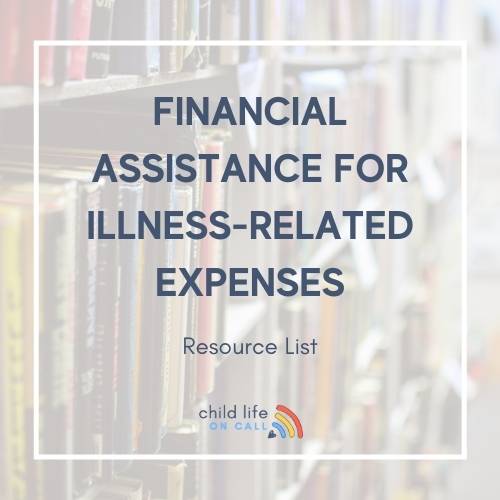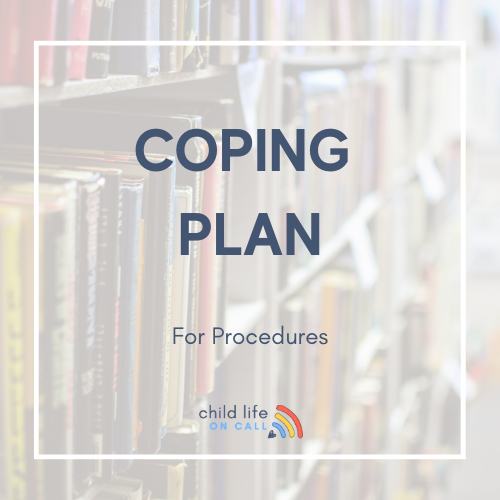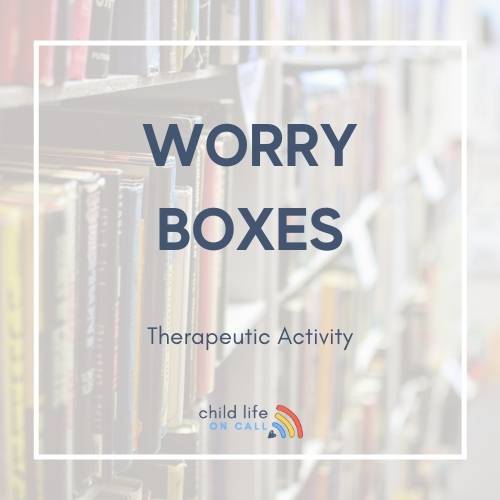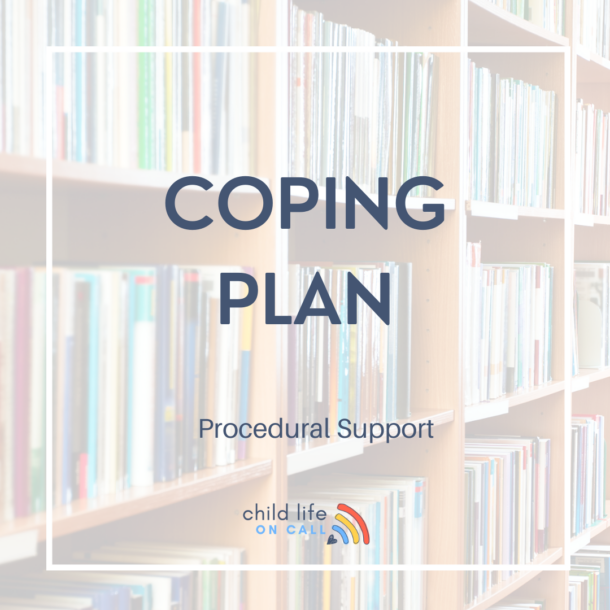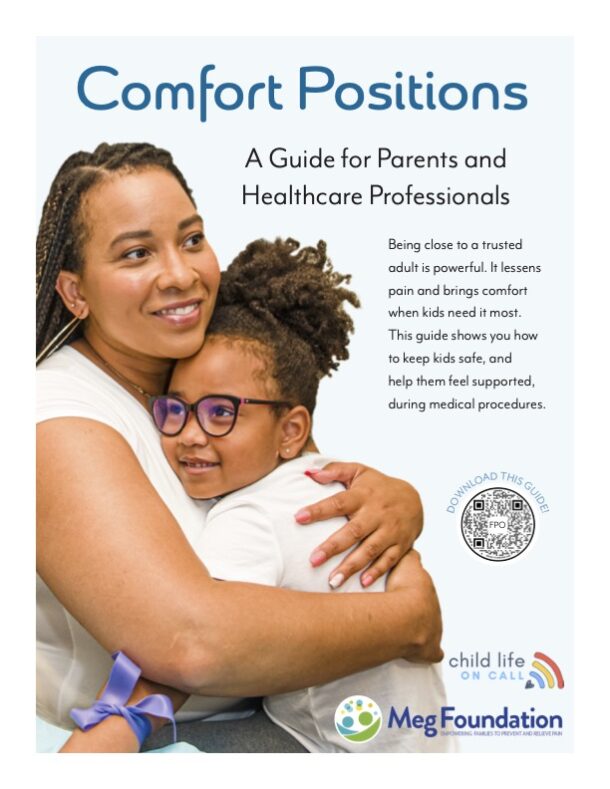If you haven’t already learned, the journey to certification is laced with financial challenges.
It is not lost on me that I was privileged to have constant financial support from my family. I recognize that many people do not have this option.
Even with support, I’ve had my own financial struggles throughout this process. Difficulty paying for medical bills while employed full-time, taking out loans for graduate school, and saving every penny for my internship, were all a part of my journey.
I’m not going to tell you that cutting out your daily iced coffee from Starbucks is going to fund this journey, but I do think it is important to have some healthy budgeting skills. There are a few things that I learned along the way though that I’d like to share with you.
Consider an assistantship position
This is particularly true for those who attend in-person graduate programs. An assistantship typically helps cover your tuition or gives you in-state tuition if you are out of state. It also can provide you with a monthly stipend as well. This is how I funded my graduate degree and paid for living expenses. It was tight, but I made do.
Find Jobs That Provide you with relevant skills
It’s a common misconception that you have to have “volunteer” hours when you apply for a practicum or internship. If you look closely, hospitals and school programs want experience in a hospital setting and with well children. There are lots of paid opportunities to work with children and families that will help you gain experience. The challenge here is typically the experience of working in a hospital setting under a CCLS. That is usually a volunteer role and there’s not a lot of ways around that. The best opportunity is to work as a child life assistant, but those roles are more rare to find.
Look for scholarships
When I graduated high school, there were so many scholarships available. But it seems like once you get to college or graduate school, no one really talks about it anymore. Scholarships are still out there, utilize your college resources! There are typically career centers and advisors around that can help you fund educational opportunities.
Use your network
When you are looking to apply for practicums and internships, think about places where you may have a free place to stay. Do you have any family or friends in a different state that might allow you to stay there? Or do your family and friends have connections in states where you could easily find a roommate? This part takes a little creativity and sometimes a jump outside of your comfort zone!
Use your resources
Talk to people around you, connect with other students, and talk to them about their process. There are so many creative ways that people have become certified and I am just one person with one experience. Teams and people are being creative and you never what will come from a quick message on Instagram or LinkedIn.
Can I work during my internship?
It is not advised to work during your internship experience. The internship is typically a full-time experience that also requires work outside of the hospital setting. You are typically required to write journals, work on case studies, prepare projects, and engage in relevant readings. If you wanted to occasionally babysit on weekends I would say that would be manageable but that is the most I would do.
So how do you live during internship? The only answer is planning ahead or taking out loans. An unfortunate answer but the only advice I have at the moment…



